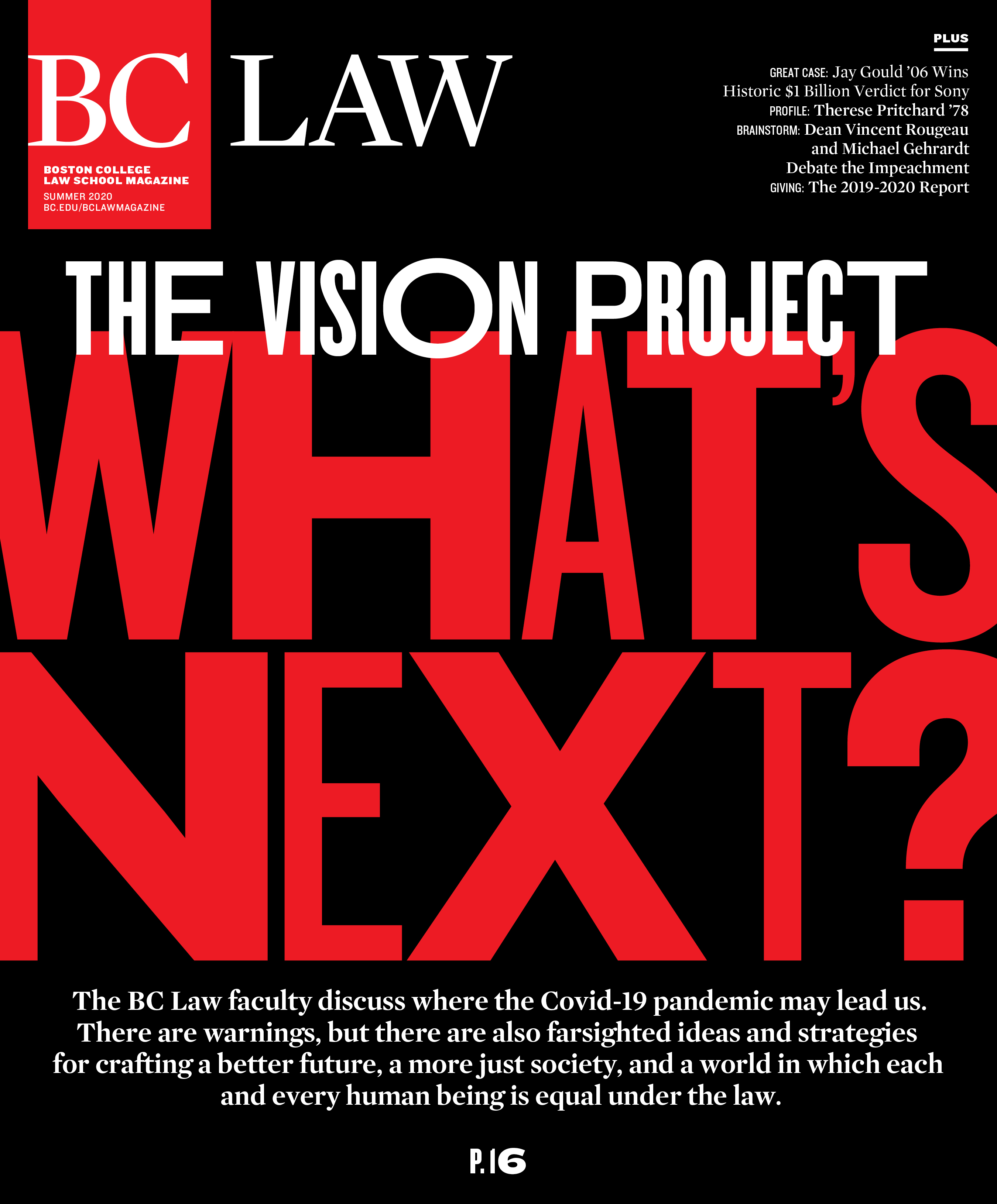Hiba Hafiz joined BC Law as an Assistant Professor in 2018. She teaches and writes in the areas of labor and employment law, antitrust law, and administrative law and focuses on legal solutions to labor market concentration and inequality.
What have the viral and racial crises revealed about employment laws? It is more important than ever to understand how the disparate statutory and regulatory regimes have worked together to systemically limit economic mobility.
While the New Deal has been heralded as marshaling in a broad social safety net to place a floor on how dire circumstances can get for most Americans through economic crises, that foundational structure of protections—labor protections, minimum wage and maximum hour laws, social security, unemployment, and other protections—was deeply discriminatory. It was riddled with exceptions that excluded occupations in which African Americans were predominantly employed. This placed a legal restraint on those workers’ economic mobility while white Americans were able to use social insurance and the broadened social safety net to ward off poverty and secure their status in the emerging middle class. That legacy is still with us.
Do you see opportunities for advancing economic justice? If there is any silver lining, it is in the generation of tremendous, innovative ideas for restructuring fundamental aspects of our social order to ensure economic justice.
The current crisis reveals the substantial limitations of linking entitlements to employment and our overreliance on the private sector as a means of correcting for systemic inequality and ensuring economic mobility and opportunity. Public debates about decoupling health care from work are now more urgent. And off-siting millions of workers to remote employment and the turn to contactless service may accelerate automation—a transition that will likely displace workers in almost every sector of the economy.
Second, the consequences of the pandemic on worker safety has led to a real revival in worker organizing and innovative thinking about how to organize with contactless, digital technologies to fight for workplace protections. Since the beginning of March, there have been over 400 “wildcat” strikes over safety concerns, and worker unionizing has expanded in meatpacking plants, fast-food restaurants, Amazon warehouses, and grocery stores. The role of “essential workers” has become the topic of national discussion in the media and in the halls of Congress with proposals to lift hazard pay.
Third, the movement against systemic racism has challenged police unions and their collective bargaining agreements for insulating police officers from accountability for racist policing. Decades of reform efforts and research offer ways forward, including opening collective bargaining to include community representatives, and more aggressive public oversight that will be critical for ensuring the central role of anti-discrimination in the labor movement going forward.
What is your vision for a stronger and more just society in a post-pandemic world? We need a widespread restructuring of workplace rights and benefits to guarantee that employment functions as a source of economic mobility and security.
We must expand workplace protections. There are exciting opportunities for transformational change already in the works to do this. Last February, the House of Representatives passed the Protecting the Right to Organize (PRO) Act, which provides broader strike protections to workers, adds penalties for companies who retaliate against worker organizing, and extends labor law protections to independent contractors. If the act becomes law, it will be hugely consequential for expanding rights at work.
We are also in a moment of genuine innovation that would democratize work and strengthen workers’ access to opportunity. For example, the Clean Slate Initiative at Harvard Law School has proposed a site of reforms from expanding labor and employment protections to agricultural, domestic, undocumented, and other workers to requiring worker representation on corporate boards and bringing community groups to the collective bargaining table.
We must ensure workers’ bargaining leverage and align work law with the broader macroeconomic policy goals of economic growth and reducing inequality. Economic growth is strengthened when workers’ wages are not artificially suppressed—whether through wage theft, employers’ anticompetitive conduct, discriminatory wage gaps, misclassification of “employees” as “independent contractors,” or other unlawful conduct by employers—because of the multiplier effect: Higher worker pay leads to higher consumer spending in the economy that lifts everyone’s boats. Work law reforms will be a critical component of our economic recovery.
Finally, a more just society must be one where losing your job does not mean you lose your health care or other employment-based benefits. Nor can it be one where businesses and state and local governments struggling to reopen after the pandemic lack the resources to rehire or hire workers, relegating those workers to increasingly anemic and temporary unemployment benefits, if they are eligible at all. It will be critical to incentivize public and private employment through stimulus funding and reducing the costs of hiring by publicly providing health care and other benefits.
Covid-19’s halt on our economy’s functioning revealed the limitations of our system in exclusively channeling access to economic mobility through thinly regulated employment opportunities, and contributed to forcing our collective reexamination of systemic racism. Now is our chance to change that.
To read other pieces in this issue’s The Vision Project, click here.



